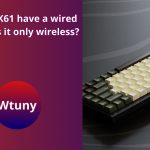Mechanical keyboards often come with a higher price tag compared to traditional membrane keyboards, prompting the question: what justifies this cost? What elevates a mechanical keyboard to be worth the extra investment? In this piece, we’ll delve into the advantages of opting for a mechanical keyboard and shed light on why they’re deemed worthy of the additional expenditure.
One of the primary advantages of opting for a mechanical keyboard lies in its durability, surpassing that of traditional membrane keyboards. Unlike membrane keyboards which utilize a single switch for all keys, mechanical keyboards boast individual switches for each key. This design not only enhances precision but also renders mechanical keyboards more resilient against wear and tear, ultimately extending their lifespan.
While membrane keyboards are more cost-effective to manufacture and consequently more prevalent in consumer electronics, mechanical keyboards enjoy a fervent following among computer aficionados and gamers alike. The appeal lies in the ability to customize the individual switches, tailoring both tactile feedback and auditory experience to suit personal preferences. Furthermore, the actuation force of mechanical keyboard switches can be fine-tuned, accommodating users who prefer keys with varying levels of resistance.
High-Quality Switches
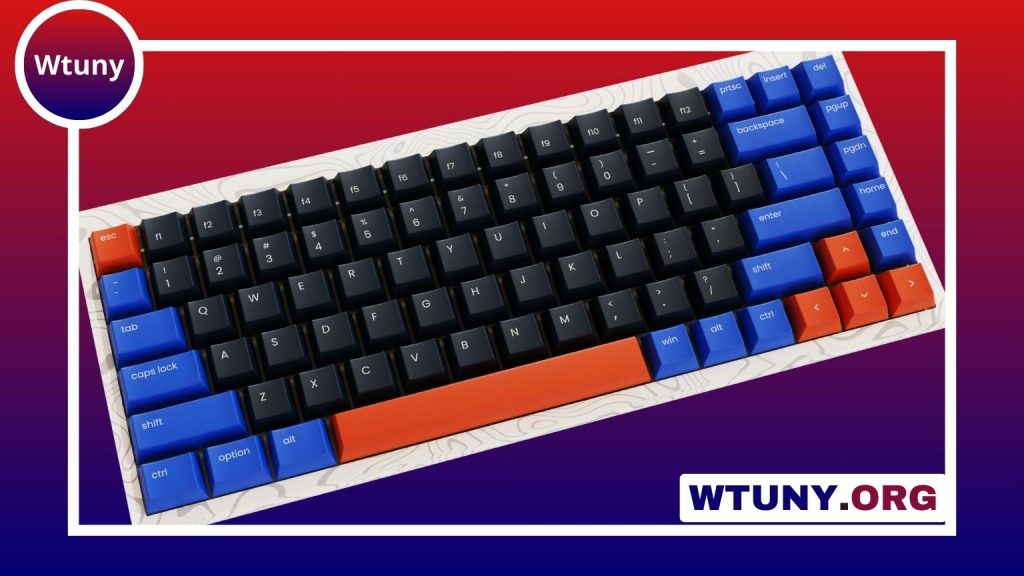
Mechanical keyboards offer a typing experience that far exceeds the comfort and accuracy of those employing traditional rubber–dome switches. At the heart of their superiority lie the switches themselves, renowned for their exceptional quality and durability, factors that contribute significantly to the overall premium associated with mechanical keyboards.
The primary advantage of mechanical keyboards lies in their utilization of physical switches rather than rubber domes. Unlike conventional keyboards, where a keypress is registered upon the initial touch of the keycap, mechanical keyboards require the depression of the switch for registration. This crucial difference results in keystrokes that are not only considerably quicker but also vastly more responsive.
In contrast, rubber–dome switches, commonly found in traditional keyboards, demand a certain degree of force before registering a keypress. This requirement often leads to user fatigue, as individuals must exert increasing pressure to ensure key registration. In contrast, mechanical switches require only a gentle touch, making them notably less fatiguing to use over extended periods.
Metallic Backplates and Construction
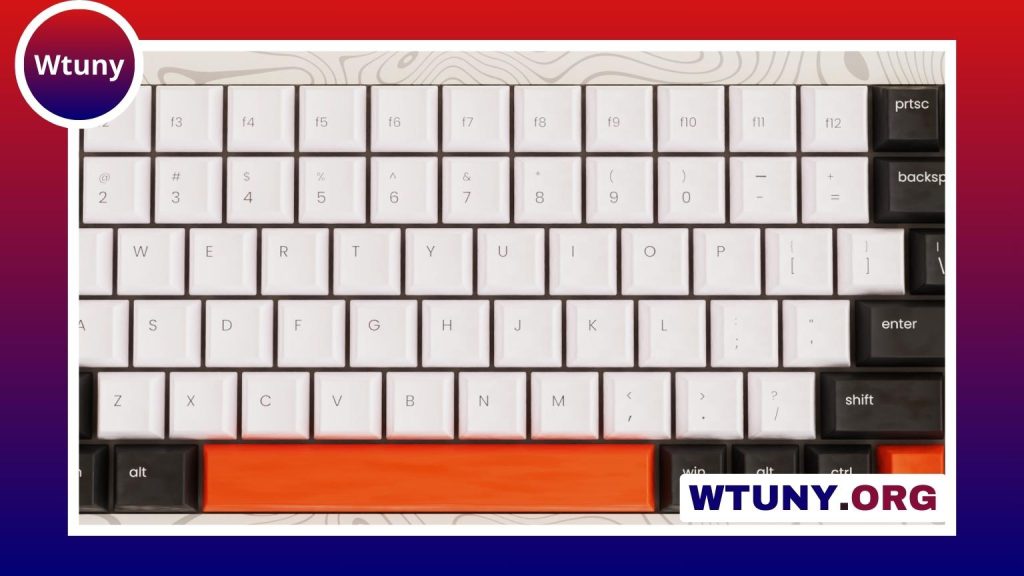
The majority of mechanical keyboards adhere to a standard keyboard layout and employ Cherry MX switches. These switches come in various colors, each offering a distinct tactile feedback. For instance, the Blue switch delivers a tactile sensation accompanied by a pronounced click, whereas the Black switch provides a smooth linear action with a gentle press. Additionally, most mechanical keyboards integrate a metal plate to bolster the switches and furnish a sturdy framework. Typically, this metal plate comes in either brushed or anodized aluminum, with the latter boasting superior hardness and durability.
The keycaps on mechanical keyboards are commonly crafted from either ABS or PBT plastic. ABS, a ubiquitous choice, is durable but prone to developing a glossy appearance over time. On the other hand, PBT, although pricier, offers a more matte finish and resists glossiness, albeit with slightly lower durability. Furthermore, most mechanical keyboards feature a USB cable ensconced in a braided jacket, a feature designed to shield the cable from damage and prevent tangling.
Custom Switch Options
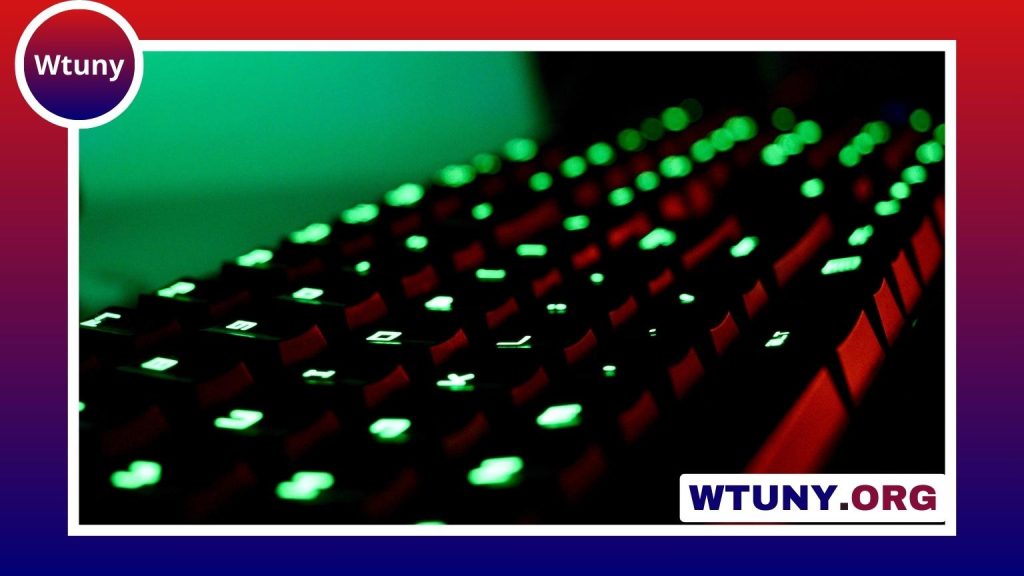
The choice of switch employed within a network directly impacts its cost. Switches come in various types, each carrying its own set of advantages and disadvantages. One of the most prevalent switch types is the Ethernet switch, utilized for linking devices within a local area network (LAN). Ethernet switches are primarily categorized into two types: managed and unmanaged. Managed switches offer configurability to tailor them to the network’s particular requirements, whereas unmanaged switches are typically plug-and-play, requiring no configuration.
Another significant type of switch is the fiber-optic switch, instrumental in connecting devices via a fiber-optic network. Fiber–optic switches, like their Ethernet counterparts, are available in two main variants: managed and unmanaged. Managed fiber-optic switches can be customized to suit the network’s specific demands, while unmanaged options are straightforwardly plug-and-play, devoid of configuration needs.
RGB Lighting and Advanced Features
RGB lighting stands as one of the most sought-after features in gaming keyboards, offering users the ability to tailor their keyboard’s appearance to suit their unique style. While some gaming keyboards offer only a limited selection of lighting options, others provide extensive customization possibilities, including a spectrum of colors, diverse lighting patterns, and even synchronization capabilities with other devices. This customization not only allows users to showcase their personality and flair but also aids in distinguishing their keyboard amidst the gaming milieu.
Moreover, many gaming keyboards boast additional features aimed at enhancing the gaming experience. For instance, certain keyboards feature programmable keys, empowering users to craft custom shortcuts tailored to their favorite games. This functionality serves to streamline gameplay, enabling swift access to preferred commands and abilities. Additionally, some gaming keyboards incorporate onboard memory, enabling users to preserve their settings across different computers.
This proves invaluable for individuals who frequently transition between gaming and workstations, ensuring that their preferred keyboard configurations remain accessible regardless of location. Furthermore, backlighting is a common inclusion in gaming keyboards, facilitating enhanced visibility of keys in low-light environments. This feature proves particularly beneficial for gamers who prefer to play in dimly lit conditions or other settings with limited illumination.
Is it worth spending money on mechanical keyboard?
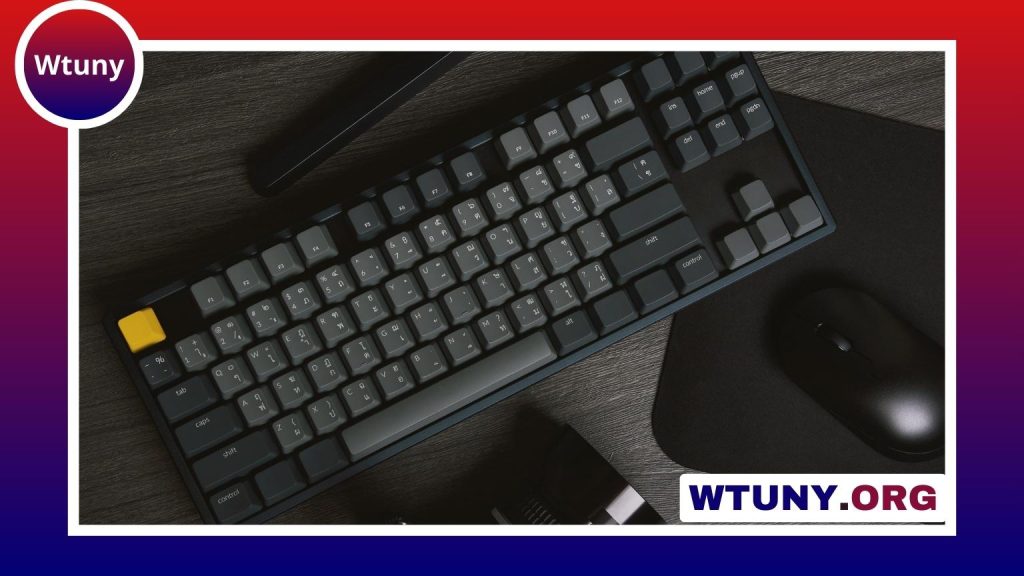
Undoubtedly, typing on a mechanical keyboard provides an unparalleled tactile experience. But is the additional expense truly justified? In brief, yes. Mechanical keyboards surpass standard counterparts in durability and present a plethora of customization options that elevate typing to new levels of ease and comfort.
While conventional keyboards typically boast a lifespan of around 5 million keystrokes, mechanical keyboards can endure up to 50 million keystrokes—an impressive longevity indeed. The mechanical nature of the keys ensures they withstand wear and tear far more effectively than standard keys, resulting in prolonged comfort and enhanced typing experiences, particularly beneficial for those with specific typing requirements.
What is so special about mechanical keyboards?
Mechanical keyboards, distinguished by their utilization of individual switches for each key, stand in contrast to traditional keyboards employing rubber dome mechanisms beneath each key. The prevalence of rubber dome keyswitches extends to many contemporary keyboards, including laptop keyboards and the Apple iPad’s keyboard.
The distinct tactile sensation offered by mechanical keyboards stems from the design intricacies and materials employed in their construction. Notably, mechanical keyboards boast a longer lifespan compared to their traditional counterparts.
Typically crafted from metal, the switches in mechanical keyboards feature attached springs. Upon pressing a key, the switch is depressed, compressing the spring and causing the metal contacts within the switch to make contact. This action completes the circuit, thereby transmitting a signal to the computer.
While the tactile feedback and auditory experience may vary between different mechanical keyboards, users generally find them to be more responsive and gratifying to use compared to traditional alternatives.
Is mechanical keyboards an expensive hobby?
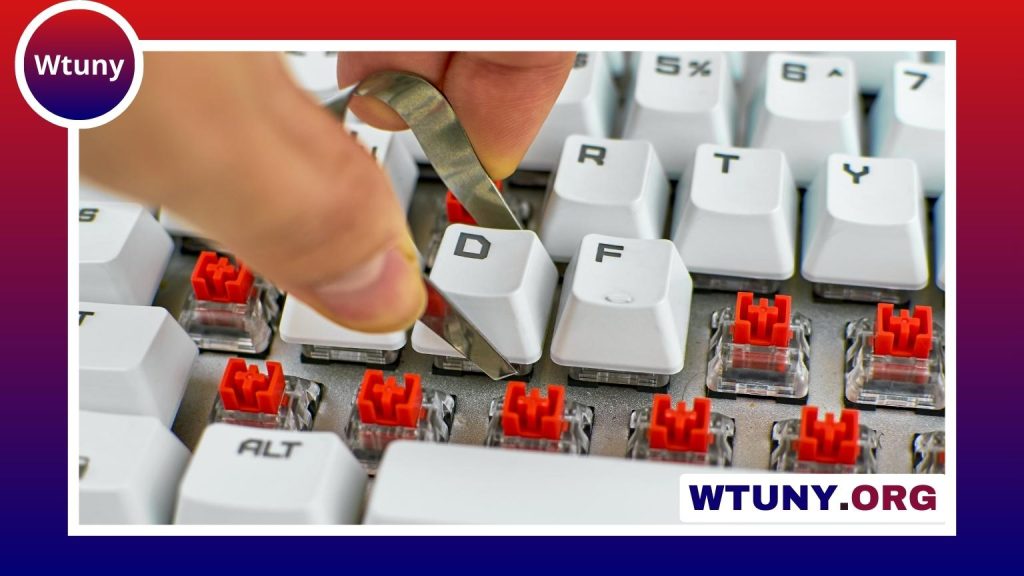
Mechanical keyboards are garnering increasing popularity as enthusiasts seek to enhance their typing experience, yet their price tag can prompt hesitation regarding their value.
Consider these factors when weighing the investment in mechanical keyboards:
- Durability: Mechanical keyboards outlast their traditional counterparts due to their robust construction.
- Typing Experience: The superior tactile feedback of mechanical keyboards not only boosts typing comfort but also enhances productivity.
- Affordability: As mechanical keyboards gain traction in the market, prices are gradually becoming more accessible.
Overall, investing in a mechanical keyboard proves worthwhile. Their design allows for keys to be pressed with greater force, earning them the moniker “clicky” keyboards. This added force reduces typing noise, fostering a quieter environment. Furthermore, mechanical keyboards boast an extended lifespan, often lasting up to a decade compared to the one to two years typical of traditional keyboards.
Brand Reputation
As gamers and typists explore the advantages of mechanical keyboards, their popularity continues to soar. These keyboards offer a tactile and responsive typing experience far surpassing that of traditional membrane keyboards, along with greater longevity thanks to replaceable keys.
The surge in demand for mechanical keyboards has prompted an influx of brands entering the market, leading to intensified competition and, consequently, a decline in prices for many models. However, certain high-end brands, renowned for their superior quality, persist in maintaining higher price points.
What underpins this pricing discrepancy?
Firstly, the costlier materials utilized in mechanical keyboards contribute significantly to their pricing disparity. Unlike traditional membrane keyboards, mechanical keyboards incorporate switches crafted from metal, a more expensive material.
Additionally, the relatively smaller market demand for mechanical keyboards compared to their membrane counterparts plays a role. With fewer units being produced, manufacturing costs per unit increase, thereby driving up prices.
Lastly, the target demographic of many mechanical keyboards—gamers—exhibits a propensity for investing in premium hardware. This inclination toward high-quality products within the gaming community further influences the pricing of mechanical keyboards.
Build Quality and Aesthetics
Throughout history, the automotive industry has held a pivotal role as a vanguard of innovation and technology, exerting a profound influence on the global economy. In recent times, however, this industry has witnessed notable transformations, chief among them being the ascendance of the luxury car market.
Luxury vehicles, distinguished by their elevated price points compared to standard automobiles, represent a pinnacle of sophistication and opulence. They command higher costs both upfront and in maintenance, yet offer unparalleled levels of performance and luxury. Typically targeted towards affluent consumers, luxury cars serve as conspicuous symbols of status and affluence in society.
CONCLUSION
The typing experience provided by mechanical keyboards stands unrivaled, justifying the initial investment despite their higher cost. Renowned for their unmatched customization options, exceptional quality, and superior performance, mechanical keyboards consistently prove themselves worthy of the investment for numerous users.
While mechanical keyboards typically come with a higher price tag compared to standard keyboards, their myriad advantages make them a worthwhile investment for many. For those seeking a keyboard that elevates typing comfort and enhances productivity, opting for a mechanical keyboard is undoubtedly the way forward.


